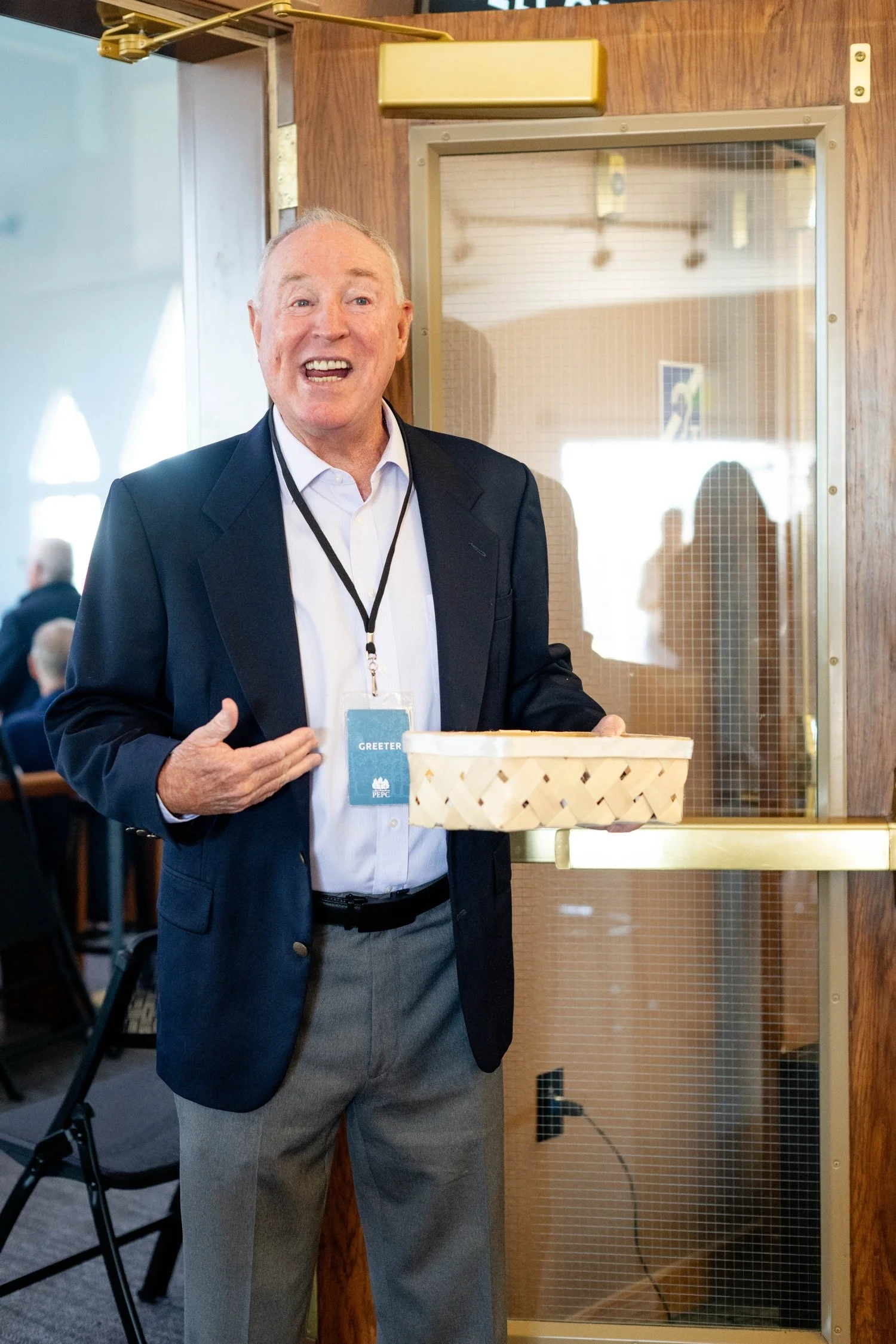Readings for today: Jeremiah 41-44
As a pastor, one of the real challenges I face is to help people make decisions based on faith rather than fear. Fear is a powerful emotion that is difficult to resist. It warps how we think. It makes what might otherwise seem irrational rational on some level. It activates the adrenal glands in our body, creating a physical response of fight or flight that often drives us to make rash decisions. It elicits strong emotions like anger, frustration, deep heartache, and pain. When we allow fear into our lives, it almost always results in suffering on some level. The suffering could be relational, emotional, spiritual, or physical. Fear is the root of so much evil in the world which is why we must resist it at all costs and instead, choose to walk by faith.
Tragically, the people of Israel continue to walk in fear. After the assassination of the Babylonian governor, the people come to Jeremiah to ask how they should respond. Should they stay in the land or should they flee to Egypt? Jeremiah seeks the Lord and the Lord graciously responds. “This is the Message from God, the God of Israel, to whom you sent me to present your prayer. He says, ‘If you are ready to stick it out in this land, I will build you up and not drag you down, I will plant you and not pull you up like a weed. I feel deep compassion on account of the doom I have visited on you. You don’t have to fear the king of Babylon. Your fears are for nothing. I’m on your side, ready to save and deliver you from anything he might do. I’ll pour mercy on you. What’s more, he will show you mercy! He’ll let you come back to your very own land.” (Jeremiah 42:9-12 MSG) The message is clear. Choose faith over fear. Trust the Lord rather than your own feelings. Look to God and not to Egypt for protection. Sadly, the people’s hearts are too hard. They cannot hear the Word of the Lord. They reject His counsel and they flee to Egypt with the hope of escaping the coming judgment. Judgment will follow them, however, and the very thing they fear most - death - will come to pass.
I can’t tell you the number of times I’ve seen this happen over the course of my pastoral career. People come to me from all walks of life, dealing with all kinds of issues, trying to avoid all kinds of consequences for their decisions. The message I have for them is the same message Jeremiah had for the people of Israel. Place your trust in God. Hold fast to His Word. Walk in integrity before Him. Refuse to give into your fear. Resist the temptation to take the path of least resistance. I wish I could I say I had more success than Jeremiah. Sadly, I do not. Most walk away and give into their fears and the very thing they were hoping to avoid - divorce, addiction, the breakdown of their family, loss of their job, etc. - comes to pass. Proverbs 14:12 says, “There is a way that seems right to a person, but its end is the way to death.” Choose the way of Jesus. It’s the only way that leads to abundant life.
Readings for tomorrow: Obadiah, Psalms 82-83




